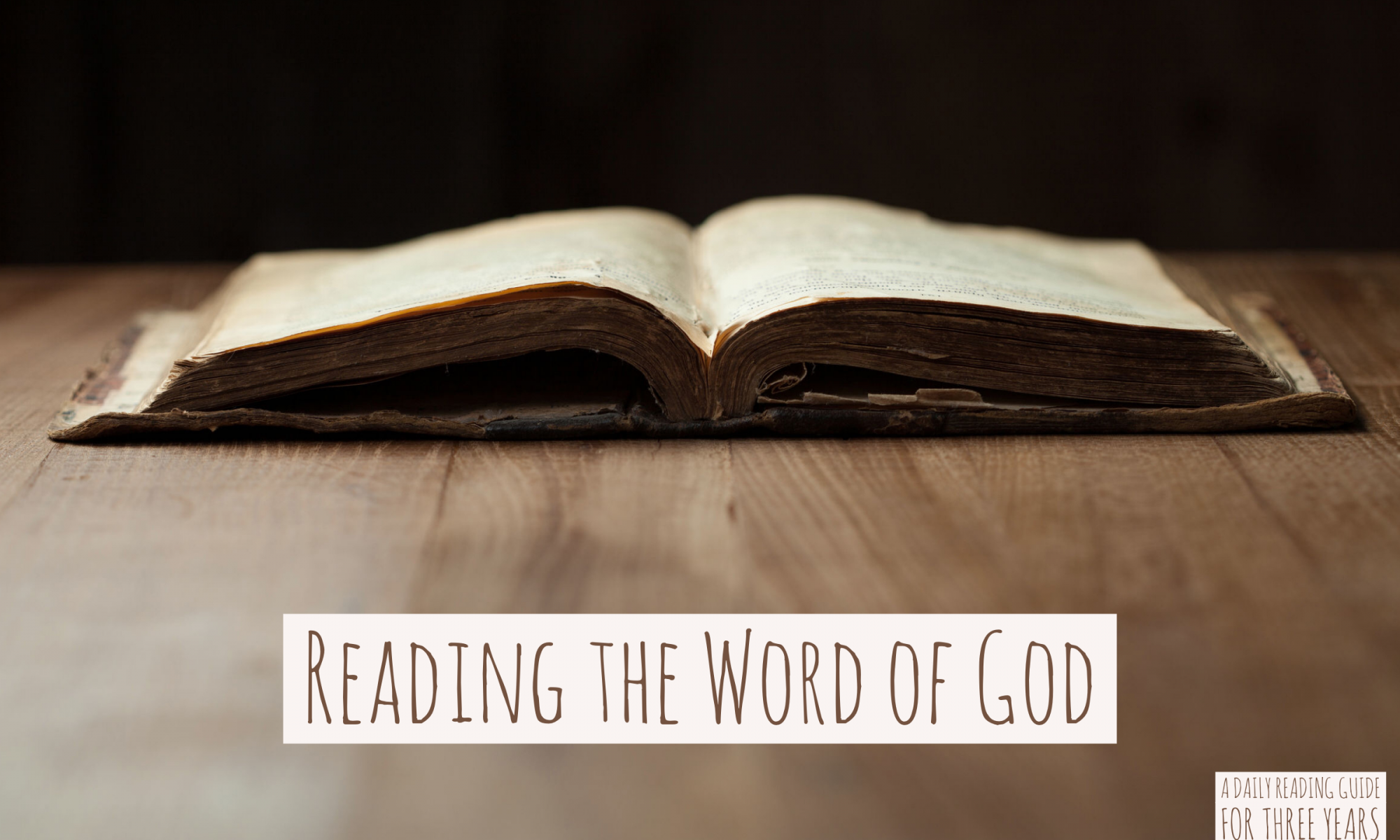Luther was not unaware of the difficulties that arise when parallel passages in the Gospels are compared with each other. So in the Lenten Postil, of 1525, he discusses the order of time in the three temptations of our Lord. He makes this statement: “The order in which these temptations came to Christ cannot be determined with certainty, for the evangelists do not agree. What Matthew places in the middle, Luke places at the end, and what he places in the middle, Matthew places at the end, as though he placed little importance on the order. If we want to preach about it or discuss it, the order of Luke would be the best, for it makes a fine sequence that the devil first attacks through need and misfortune and, when this does not bring results, follows with fortune and honor. Finally, when this is all in vain, he strikes out with all force with errors, lies, and other spiritual deceits. But because they do not occur thus in our daily experience, but, as it happens, a Christian is tempted now with the last, now with the first, Matthew did not pay much attention to the order, as would be fitting for a preacher. And perhaps Christ was so tempted during the forty days that the devil did not observe any particular order but came today with the one temptation, tomorrow with the other, after ten days again with the first and so on as it happened to take place.” (45)
*For additional information, source material, and details, please visit: Reading the Word of God – Introduction




